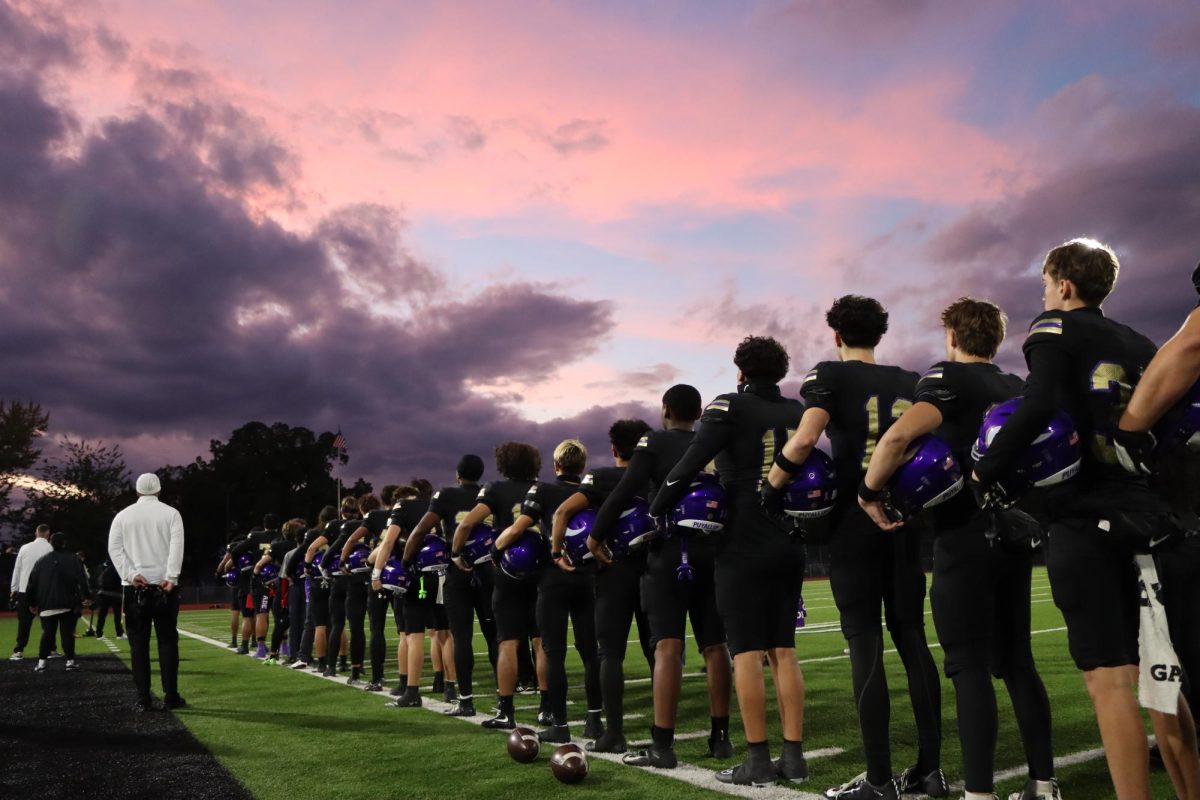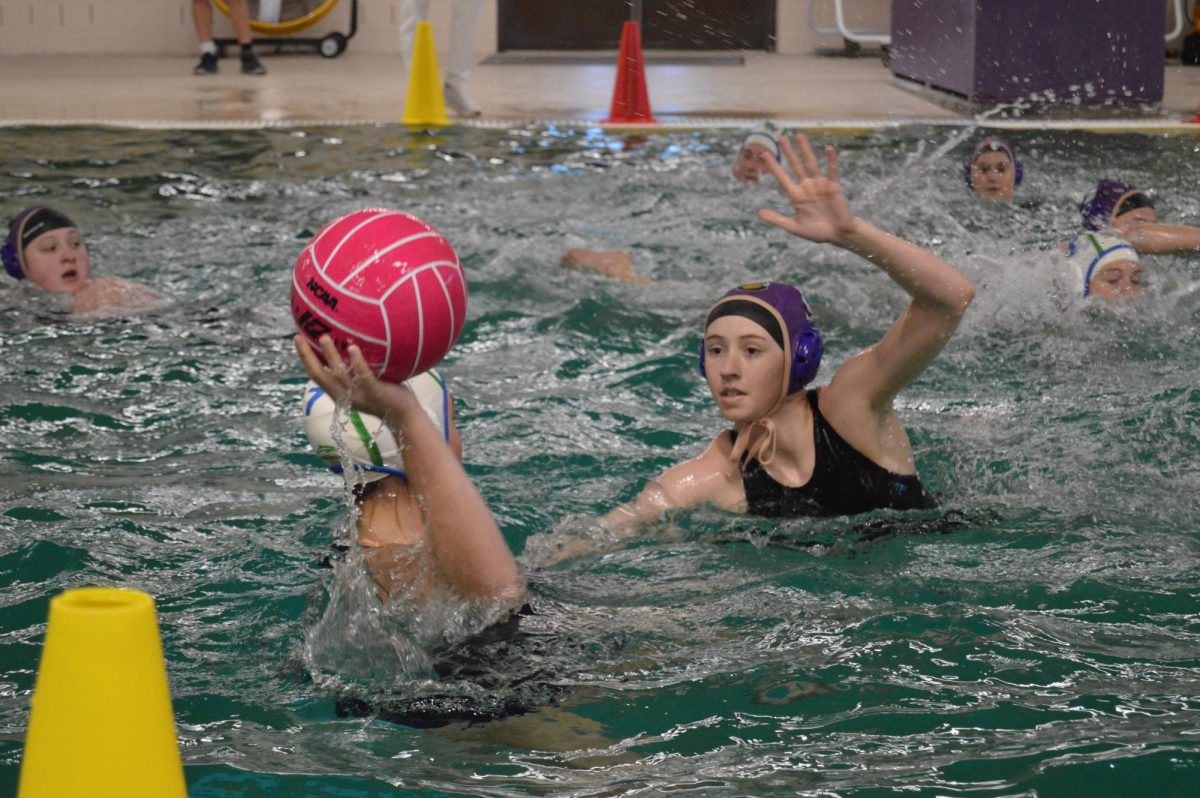Opportunity doesn’t just appear.
For athletes who go on to play for college teams, their ticket to the next level doesn’t simply appear out of the blue. Before all the decisions, the celebrations, the plans for a college career, there is an entire process behind being recruited to become a college athlete.
Senior Kyra Smith is committed to play softball at Colorado State University. Smith says she had to be persistent as she navigated the side of school athletics that many people never even consider.
“For me, the recruitment process was honestly very difficult. It’s just a small struggle that no one really sees, but it is truly grueling and really hard to get past,” Smith said. “Every single week I would probably send about 30 emails to 30 different schools, and most of the time I wouldn’t get a single response. You want it so bad, and they don’t even know who you are.”
Senior Danielle Brown plans to play volleyball for the University of Santa Clara next school year. For Brown, the recruitment process was a long-term commitment in and of itself.
“It is very much a business, it’s the school’s job to find the best athletes they can. It’s a really hard process, and I mean, it takes time. It’s not going to happen overnight,” Brown said.
Athletes face a big challenge when appealing to the schools that they want to express their interest. Another member of the volleyball team, Rebecca Wilber, believes that the best way to get results is by reaching out first.
“I’d say that putting yourself out there first is really important because you might want to sit there and wait for them to email you. Put your film out and say, ‘Hey, this is what I can do. This is what I can bring to your program,’” Wilber said.
Brown explained that while it can be tempting to settle instead of continuing with the process, she was able to find a school that meets all her needs.
“If a school turns you down, it’s because another school is coming for you. That’s what happened to me. I found Santa Clara and it was everything I wanted. It’s brutal, the recruiting processes, but I think it was worth it in the end. I’m going to a college that I love, and I can’t wait to play volleyball for the next four years,” Brown said.
Committing to a school isn’t simply about athletics. Academics, scholarships, campus life, and location are just a few of the things that athletes must consider when picking where to continue their sports career. Wilber recently committed to play for Corbin University, a college where she feels she can be successful.
“Make sure before you commit that you love the coach, you love the girls, you love the school. Especially right now in my process that’s been very helpful,” Wilber said. “I realized I wanted to have a community aspect, a school that’s not super small, but also not super big. You can know your neighbors and have that tight knit community with your professors and your coaches. I also want a college with a faith-based background.”
Not only is college a new step in an athlete’s career, but it is also a new step in their life. Finding a campus where they feel comfortable and supported can make all the difference.
“I was considering all options. I went to a bunch of camps and had talks with coaches. It was surprising, because I’ve had other people tell me that when they went to the school they decided on, they felt a sense of home. I really felt that when I had my visit, and it was just everything that I could ever want and what I’ve dreamed,” Smith said.
Finding the right program and the right school can be a discouraging process, but Brown encourages athletes that are currently looking to get recruited to keep pushing forward despite setbacks.
“Be patient. Everything happens for a reason, don’t get down on yourself as the schools say no. Keep reaching out to colleges and keep working on yourself and trying to improve your skill set. Don’t focus on what the schools say,” Brown said. “It’s hard. It’s really hard. Honestly, looking back, I’d just tell my younger self, ‘Everything’s going to be okay.”
Getting recruited can be a difficult and strenuous process, but one that can offer unique opportunities and a path to the future for athletes after high school.
“It’s a new chapter. For four years I’ve known kind of what I’m getting to, [I’m excited for] the unknown and what it will bring for me,” Wilber said.




